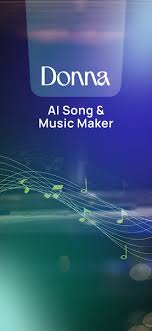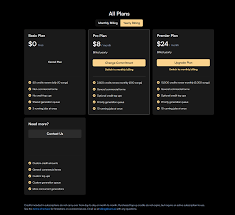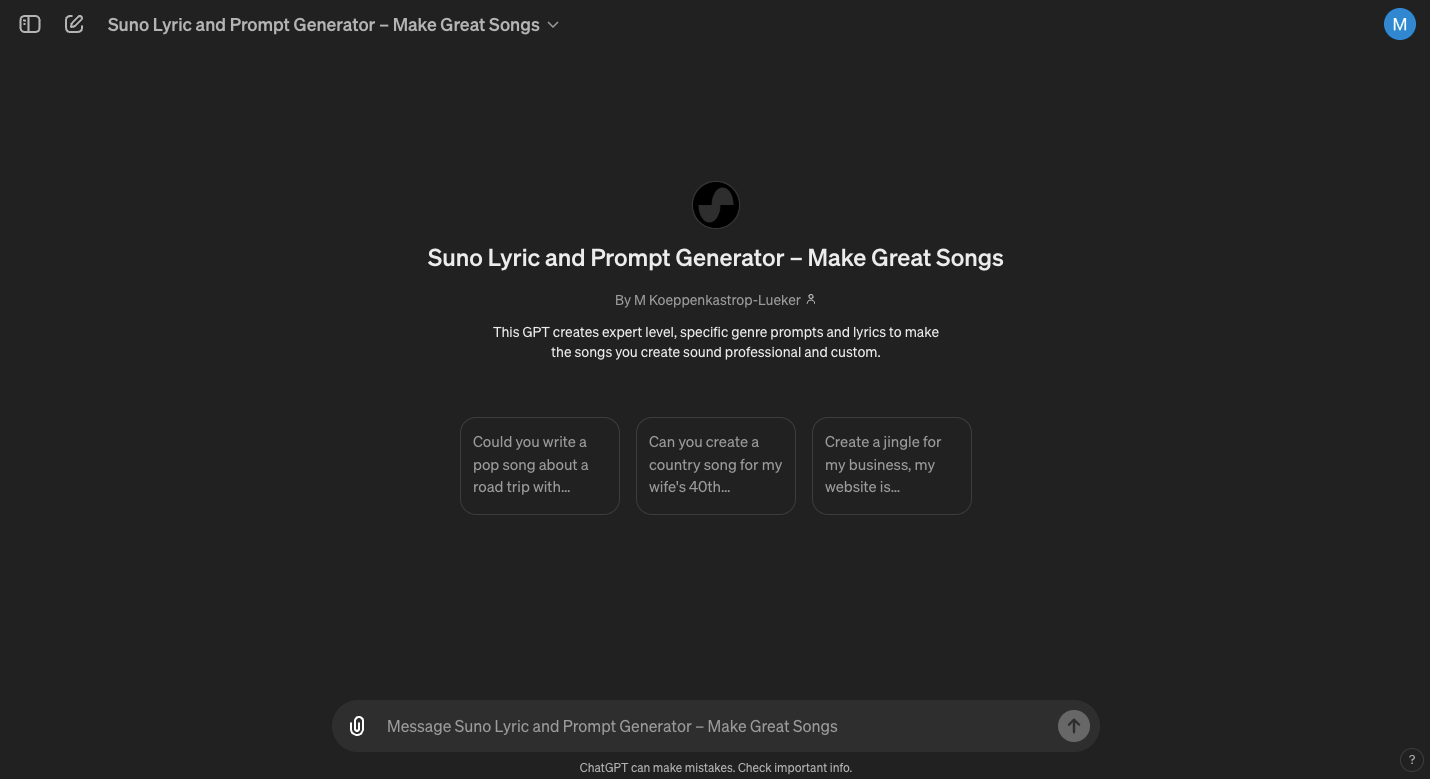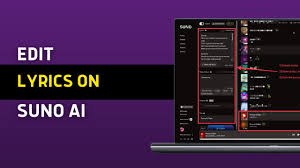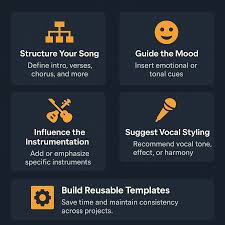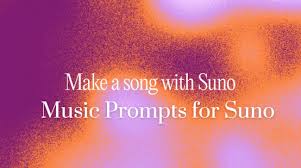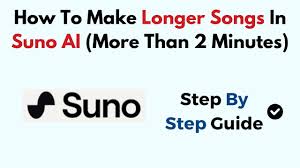Introduction
AI is transforming the music industry—from beat-making and songwriting to mastering and voice synthesis. But is it all good news? In this post, we break down the key pros and cons of using AI in music production in 2025, helping you decide if AI tools are right for your creative workflow.
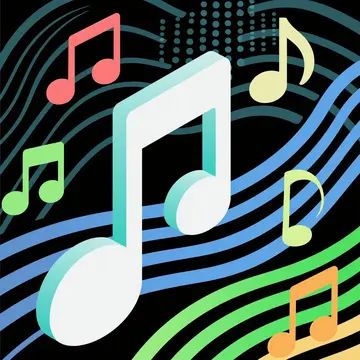
?? Pros of Using AI in Music Production
1. Faster Workflow
AI tools can instantly generate drum loops, chord progressions, or entire melodies, cutting hours off the production process. Tools like AIVA, Amper Music, and Google's MusicLM allow producers to work at lightning speed.
2. Creative Inspiration
AI helps overcome creative blocks by suggesting unexpected harmonies or sound designs. It's like having a virtual collaborator ready 24/7.
3. Affordable Production
You don't need a full studio or a session band to produce a track. AI lowers the cost of entry for independent musicians and YouTubers alike.
4. Accessible for Beginners
New to music theory or DAWs? AI music assistants simplify technical tasks, letting you focus on ideas rather than software.
5. Advanced Mastering and Mixing
AI mastering platforms like LANDR or iZotope’s Ozone use machine learning to optimize your audio levels and EQ balance, offering near-professional results with minimal manual input.
?? Cons of Using AI in Music Production
1. Lack of Human Emotion
AI-generated tracks can sound polished but may lack the soul and emotion of human-composed music. Listeners often detect when a track feels too "robotic" or generic.
2. Risk of Homogenization
Many AI tools are trained on similar datasets, leading to output that sounds alike. This can reduce musical diversity and originality over time.
3. Ethical and Copyright Issues
Some AI models are trained on copyrighted music without permission, raising legal and ethical questions. Using these outputs commercially may be risky.
4. Overreliance on Technology
Relying too heavily on AI can prevent artists from developing their own musical skills. It’s important to use AI as a supplement, not a replacement.
5. Limited Control Over Output
AI music tools don’t always allow granular control. You might get a decent melody but struggle to fine-tune it to your exact artistic vision.
?? Verdict: Should You Use AI in Your Music Production?
If you’re looking to speed up your workflow, spark new ideas, or explore genres outside your comfort zone, AI is a powerful tool. But it’s not a one-size-fits-all solution. For music that needs deep emotional nuance, narrative, or personal expression, human creativity still leads the way.
FAQs
Can AI replace human music producers?
No. AI can assist and automate parts of the process but lacks emotional depth and storytelling—areas where humans excel.
Is AI music good quality?
In many cases, yes. Tools like Suno, Udio, and Boomy produce radio-ready tracks, but results can vary depending on the tool and prompt.
Is using AI music legal?
It depends. Check the tool's licensing terms and ensure no copyrighted material is used without permission.
Final Thoughts
AI in music production is a game-changer—but only when used wisely. Treat it like a co-producer, not a crutch. With the right balance of human touch and machine intelligence, you can create music that’s both innovative and emotionally resonant.
Learn more about AI MUSIC


